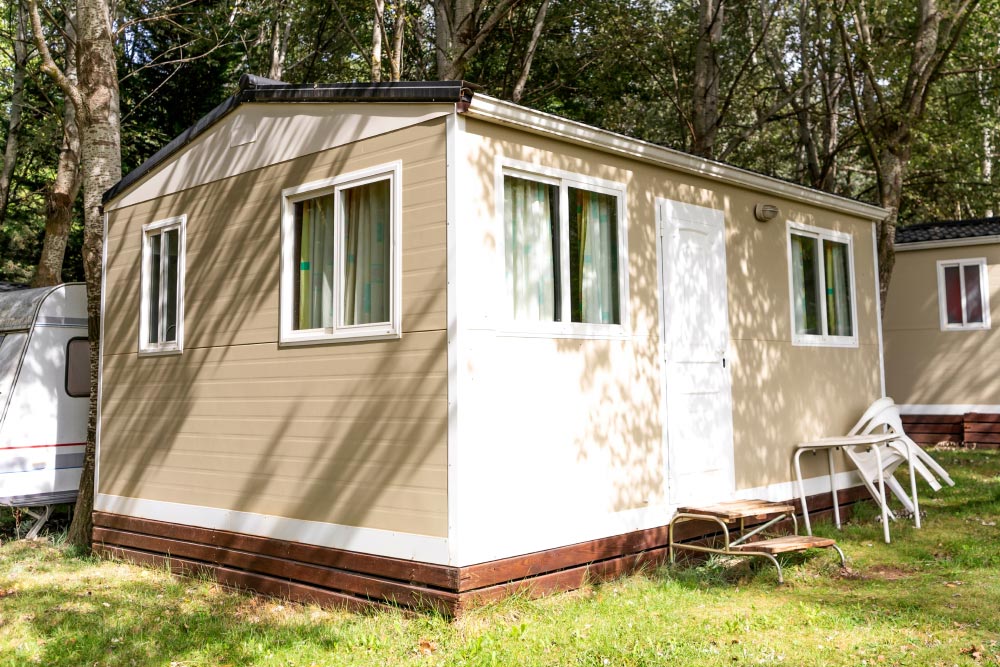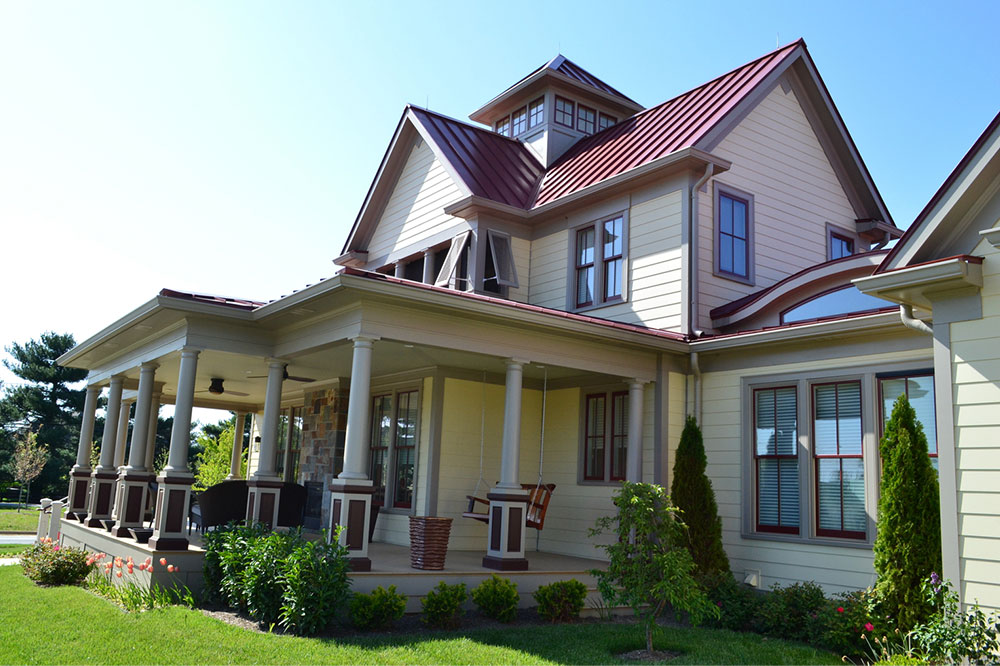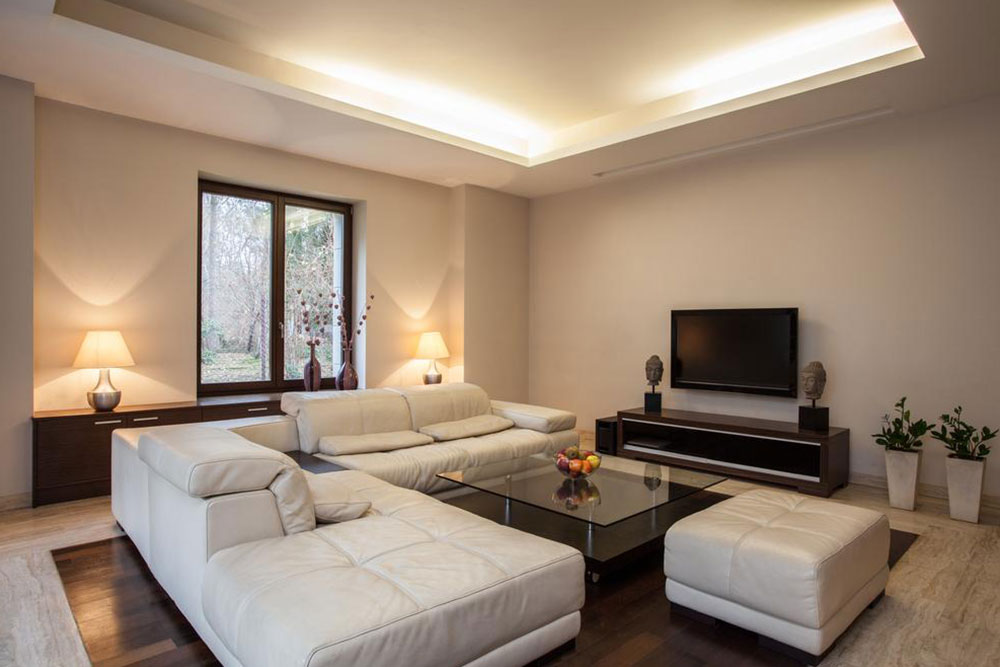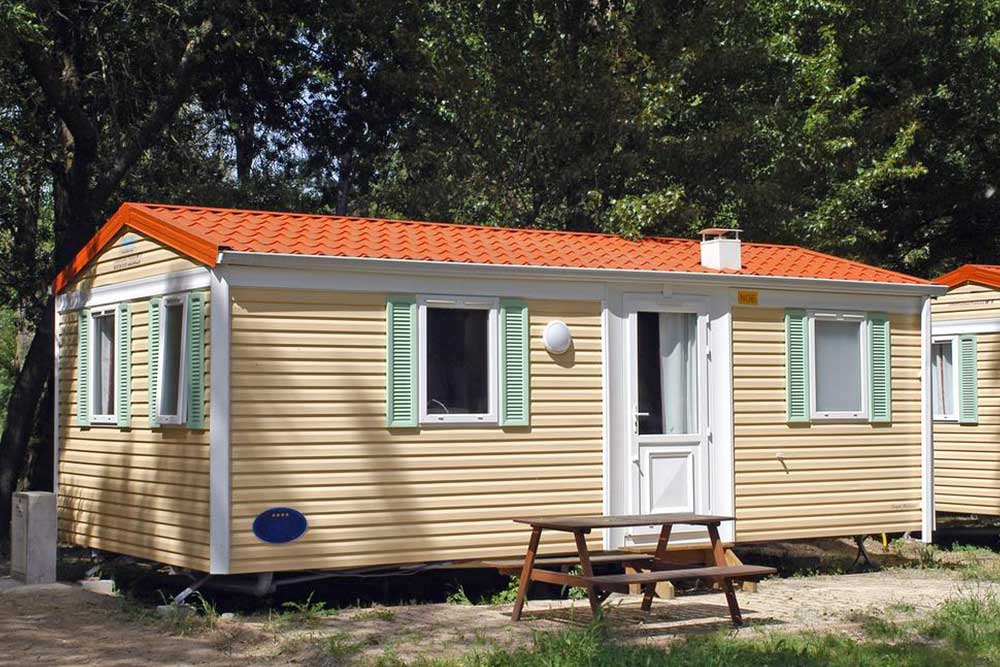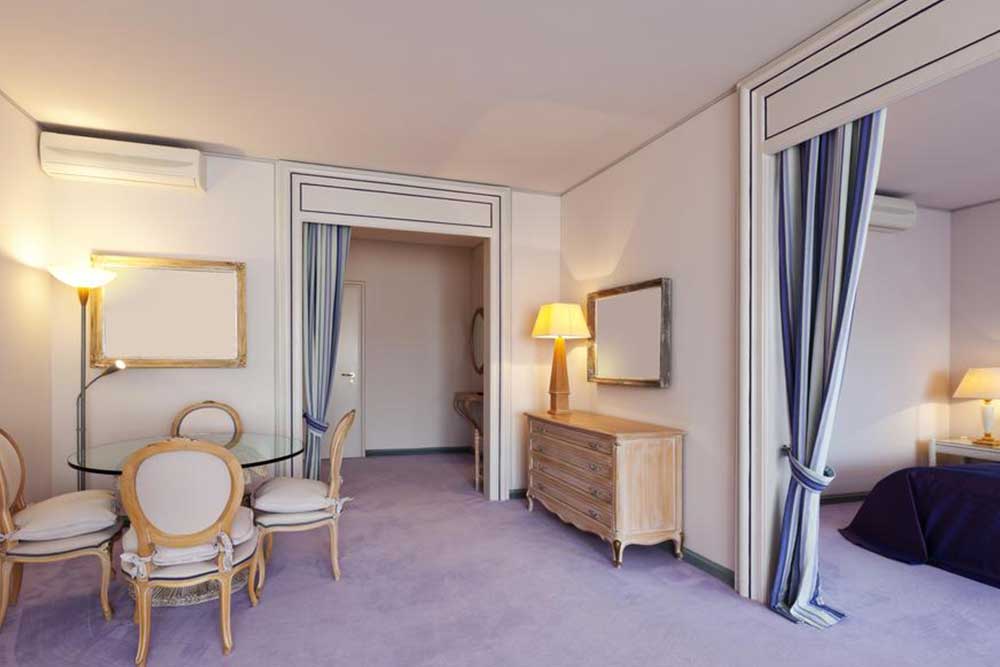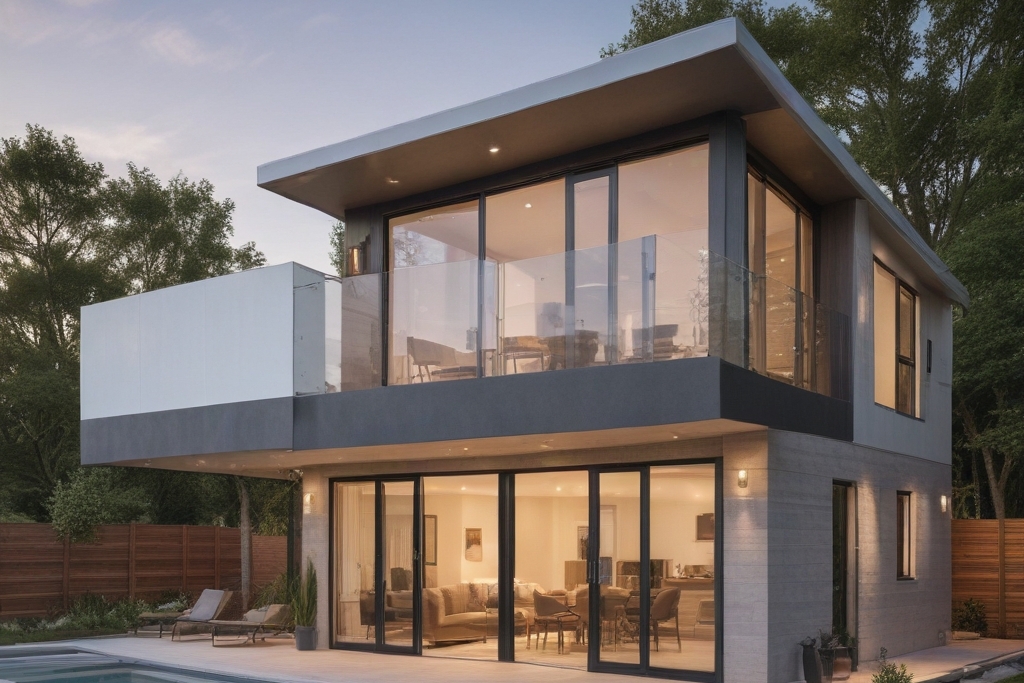Comprehensive Guide to Buying a Modular Home: Essential Factors to Consider
This comprehensive guide provides essential insights into purchasing a modular home, covering key aspects such as construction methods, financial planning, legal considerations, and site selection. Learn how to make informed decisions to ensure a successful and satisfying homeownership experience. Perfect for prospective buyers seeking affordable, customizable housing options.
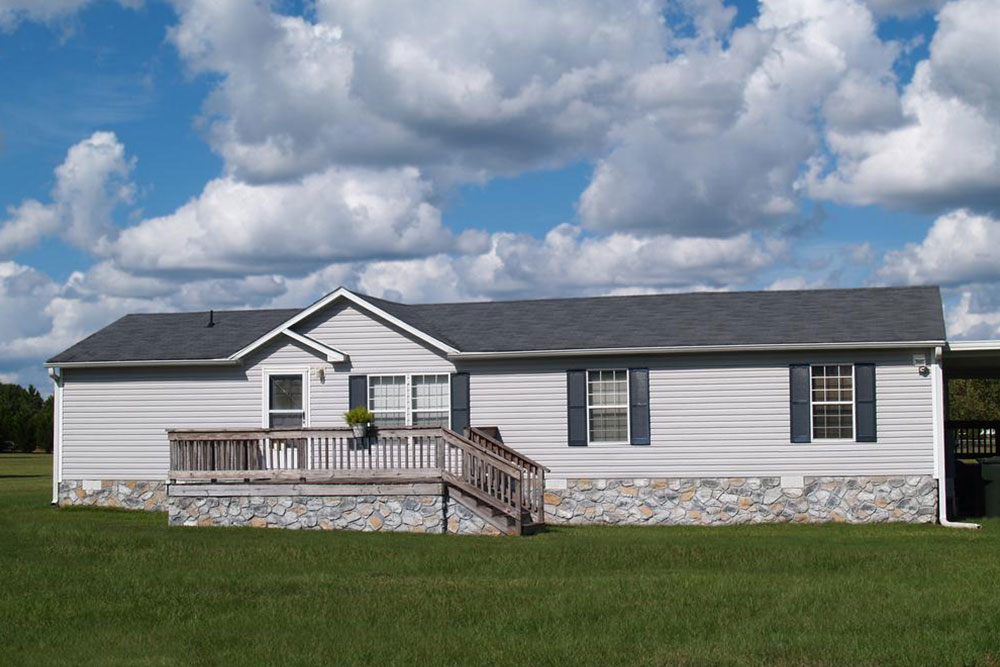
Comprehensive Guide to Buying a Modular Home: Essential Factors to Consider
In recent years, modular homes have gained significant popularity among homebuyers seeking cost-effective, customizable, and efficient housing solutions. These prefabricated residences are constructed in a factory setting and then transported to the desired location, where they are assembled into a complete living space. Their resemblance to traditional homes in terms of comfort, design, and durability makes them an increasingly attractive option for many families, retirees, and developers looking for flexible housing options. However, before making the decision to purchase a modular home, it is crucial to understand the key considerations involved in the process to ensure a smooth and satisfactory experience.
Modular homes are a product of innovative construction techniques that focus on efficiency, affordability, and customization. They are built using high-quality, cost-effective materials and assembled in controlled factory environments, minimizing delays caused by weather or site conditions. The result is a reliable, durable, and aesthetically appealing home that can be tailored to meet specific needs and preferences. This extensive guide aims to walk prospective buyers through the critical factors to evaluate when considering the purchase of a modular home, including financial planning, design choices, legal considerations, and location selection.
Understanding the Basics of Prefabrication and Modular Construction
Before diving into the purchase process, it’s vital to understand what modular homes entail. Unlike traditional site-built homes, modular homes are constructed in sections or modules within a factory setting. This methodology allows for rapid assembly, precise construction, and improved quality control. The modules are manufactured using cost-effective materials, often comparable to or surpassing the quality of materials used for conventional homes. The modular design offers unprecedented flexibility in layout and sizing, providing options that suit various lifestyles and budgets.
Furthermore, modular homes are typically compliant with local building codes and standards. They are designed to withstand environmental stresses, including high winds and seismic activity, making them a safe and resilient housing option. Buyers should familiarize themselves with the different types of modular construction, including panelized homes, PREFAB units, and hybrid models, each offering unique customization and installation processes.
Financial Considerations and Budget Planning
One of the primary advantages of choosing a modular home is its affordability. However, a detailed financial assessment is essential before making a commitment. Start by reviewing available catalogs, which offer insights into various floor plans, size options, and material choices. This will help determine what fits within your budget and meets your needs.
When evaluating costs, consider not just the purchase price but also additional expenses such as site preparation, transportation, foundation work, utilities connection, permits, and insurance. Creating a comprehensive budget ensures that you are prepared for the total expenditure involved in bringing your modular home to life.
It is also recommended to explore different financing options, including traditional mortgages, government assistance programs, or specialized loans for manufactured and modular homes. Consulting with financial advisors or mortgage specialists can help identify the best strategy tailored to your financial circumstances.
Legal and Regulatory Aspects of Buying a Modular Home
Legal considerations play a pivotal role in the purchasing process. Zoning laws, building codes, and local regulations can significantly impact where and how you can install your modular home. It’s advisable to consult local authorities or zoning boards to confirm that your intended site complies with existing regulations.
Additionally, securing the proper permits before construction or installation is crucial to avoid legal issues or penalties. Working with experienced builders and legal professionals familiar with modular home regulations can streamline this process and ensure full compliance.
Understand the terms of warranties and service agreements provided by manufacturers and dealers. Clear knowledge about post-sale support, maintenance services, and warranty coverage supports a hassle-free ownership experience.
Site Selection and Location Planning
Choosing the right location for your modular home significantly influences the overall cost and lifestyle. When selecting a site, consider factors such as proximity to amenities, transportation links, climate, and community environment. If you own land, using your property can dramatically reduce costs associated with land acquisition and permits.
However, it’s essential to evaluate local zoning laws, flood zones, and building restrictions to ensure your modular home is compatible with the site. Conducting environmental assessments or soil testing might also be necessary to confirm the suitability of the land for construction.
If buying land is part of your plan, budget for land development costs, including clearing, grading, and utility hookups. Consulting with local contractors or land planners can provide valuable insights to optimize your site selection process.
Choosing Service Providers and Customization Options
When planning to purchase a modular home, consider the importance of selecting reputable service providers. While some buyers opt for bundled services from single dealers, working with specialized providers for insurance, financing, and utility services can sometimes offer better coverage and more favorable terms, albeit at potentially higher costs.
Customization is another key factor. Modern modular homes come with a wide array of options for interior layouts, exterior finishes, roofing styles, fixtures, and appliances. Decide which features are most important for your lifestyle, and communicate these preferences during the planning phase. Many manufacturers offer customizable floor plans that can be tailored for accessibility, energy efficiency, or aesthetic appeal.
Understanding the impact of customization on costs and construction timelines is essential. Early planning ensures that your modular home aligns perfectly with your preferences without unexpected delays or expenses.
In Conclusion: Weighing the Pros and Cons of Modular Homes
Choosing a modular home offers numerous benefits, including affordability, flexibility, and efficient construction. They can be tailored to fit your size requirements, aesthetic preferences, and functional needs, making them suitable for a wide range of buyers. Additionally, the precise manufacturing process results in high-quality, durable homes built to withstand environmental challenges.
On the other hand, potential downsides include site restrictions, the need for careful planning regarding land and permits, and the importance of working with experienced professionals to avoid common pitfalls. By carefully considering all the factors outlined in this guide—financial planning, legal compliance, location, and customization—you can confidently undertake the journey to own a modular home that meets your needs and lifestyle.
